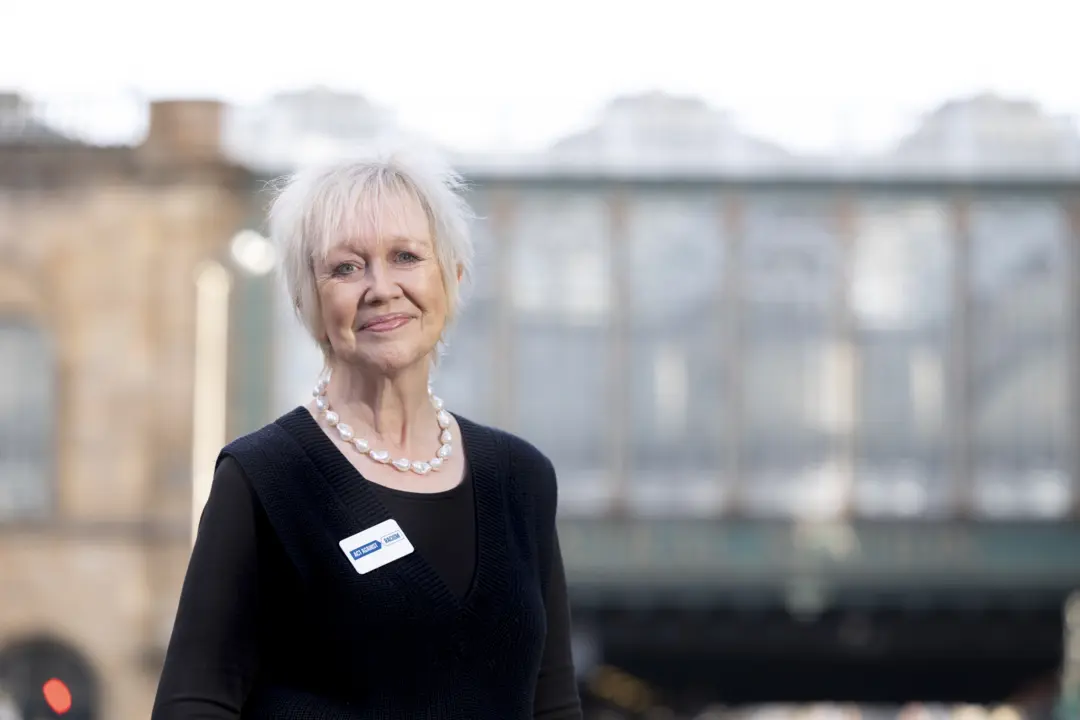Health impacts of loneliness

by Dr Jane Morris, chair of the Royal College of Psychiatrists
Loneliness is not just a private sadness. It’s a serious public health crisis that Scotland cannot afford to ignore.
For older people in particular, social isolation isn’t occasional; it’s a chronic condition with devastating mental and physical consequences.
We’re all social beings. Our identity, sense of purpose and wellbeing are shaped by the relationships we maintain.
But as we get older, those connections fade due to bereavement, retirement, illness or by children moving away – and the toll can be immense.
Research shows that loneliness among older adults has nearly doubled in the last five years - with the effects of the pandemic lockdown and then the cost-of-living crisis making things even harder.
Both mental and physical health impacts of loneliness are striking. Studies have shown that it can be as harmful as smoking 15 cigarettes a day. It doubles the rise of serious mental health conditions such as depression and increases the risk of dementia, stroke and heart disease.
The World Health Organisation has specifically warned us that loneliness raises the likelihood of developing dementia by 50% and heart attacks and strokes by 30%. A recent Lancet Commission paper also confirms social isolation as a major risk factor for dementia.
It’s time we recognised meaningful social connection as preventative healthcare - because that’s exactly what it is. Yet community programs, social care and befriending initiatives remain underfunded.
As people get older and contact with others fades, those who are unwell may not have the support to seek the help they need, and potentially manageable conditions can spiral into major medical crises. As psychiatrists working on the frontline in both hospitals and community settings, we see the effects of growing social neglect on our NHS and care services.
If nothing is done to change things, the cost of having to treat more people in hospitals for depressive illnesses or having more people ending up in care homes, will be enormous.
This is why we’re asking all politicians and policymakers to give serious attention our loneliness crisis.
But of course, it’s not just about policy. Every one of us has a part to play. Whether you feel lonely yourself or want to make a difference to society, reaching out to an older neighbour, making a phone call to a distant relative or offering a simple “hello” on the street makes us all feel seen and valued.
These small, everyday acts have the power to lift someone out of despair - and can also give you a boost too.
The stark fact is that loneliness kills. But it doesn’t have to. If we act with compassion, urgency and the commitment to make human connections a priority, we can reverse the silent epidemic.


